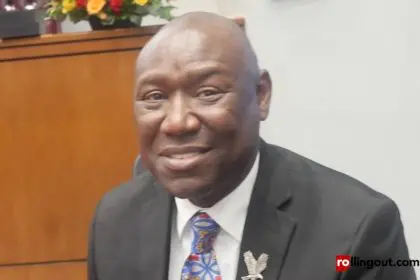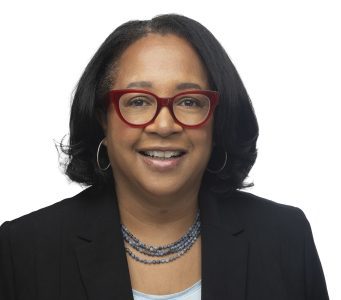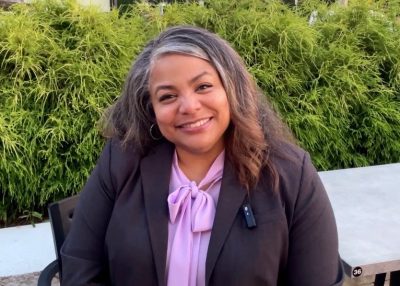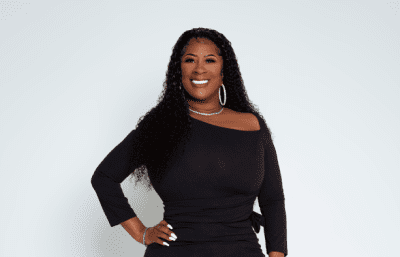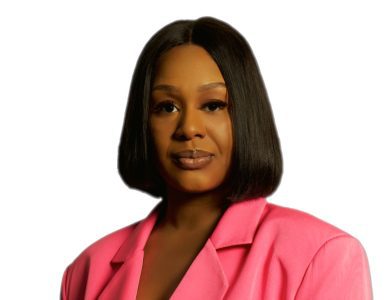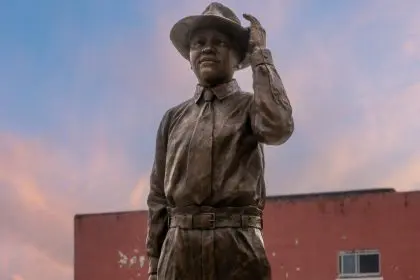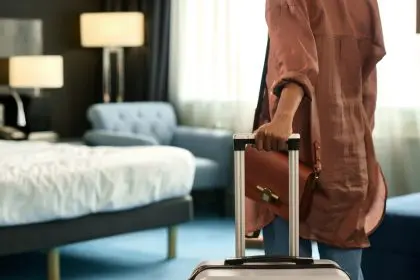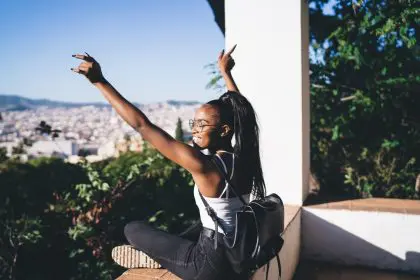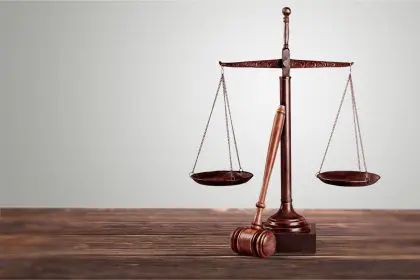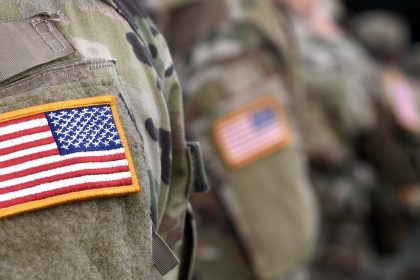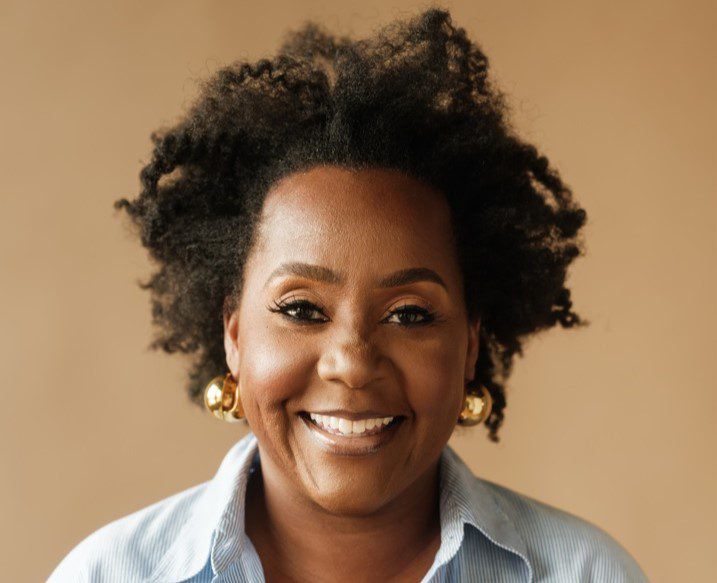
Malikah Rogers serves as the executive director of the Southern Black Girls and Women’s Consortium, a collective effort of Black women in philanthropy, activism, and community organization. Their primary mission is to uplift, inspire, and protect the joy of young Black girls.
Rogers spoke with rolling out about the significant contributions young Black girls have made in social movements, especially spotlighting the 16th Street Baptist Church bombing—a pivotal event in Birmingham’s civil rights history.
How did your organization reflect on the 60th anniversary of the 16th Street Baptist Church bombing?
We have several grantees in Birmingham who attended the ceremonies. Our staff and Southern Black Girls were present as well. More importantly, the commemoration serves as a reminder that Black girls are equally susceptible to various forms of violence—physical violence, like the tragic event at the 16th Street Baptist Church, as well as the violence of poverty, systemic erasure, educational gaps, and being disregarded. These violent realities continue to plague Black girls and women. The Voting Rights Act, which followed the tragedy, was a direct response to the national outcry over the lost lives of those young Black girls.
What role did young Black girls play in movements like the Civil Rights Movement?
Birmingham was a critical hub for highlighting not just the role of youth but specifically young girls in the Civil Rights Movement. The city hosted the Children’s March, where kids left school to march in the streets, a task too risky for their employed parents. These children underwent nonviolent training and took to the streets, where they were met with brutal reactions—being jailed and even attacked with fire hoses and dogs. Their bravery wasn’t because they were asking for something extraordinary; they were merely asking for the opportunity to be treated as human beings in this country. Many milestones in the civil rights movement would not have been possible without the courage of these children and the organizational leadership of women.

